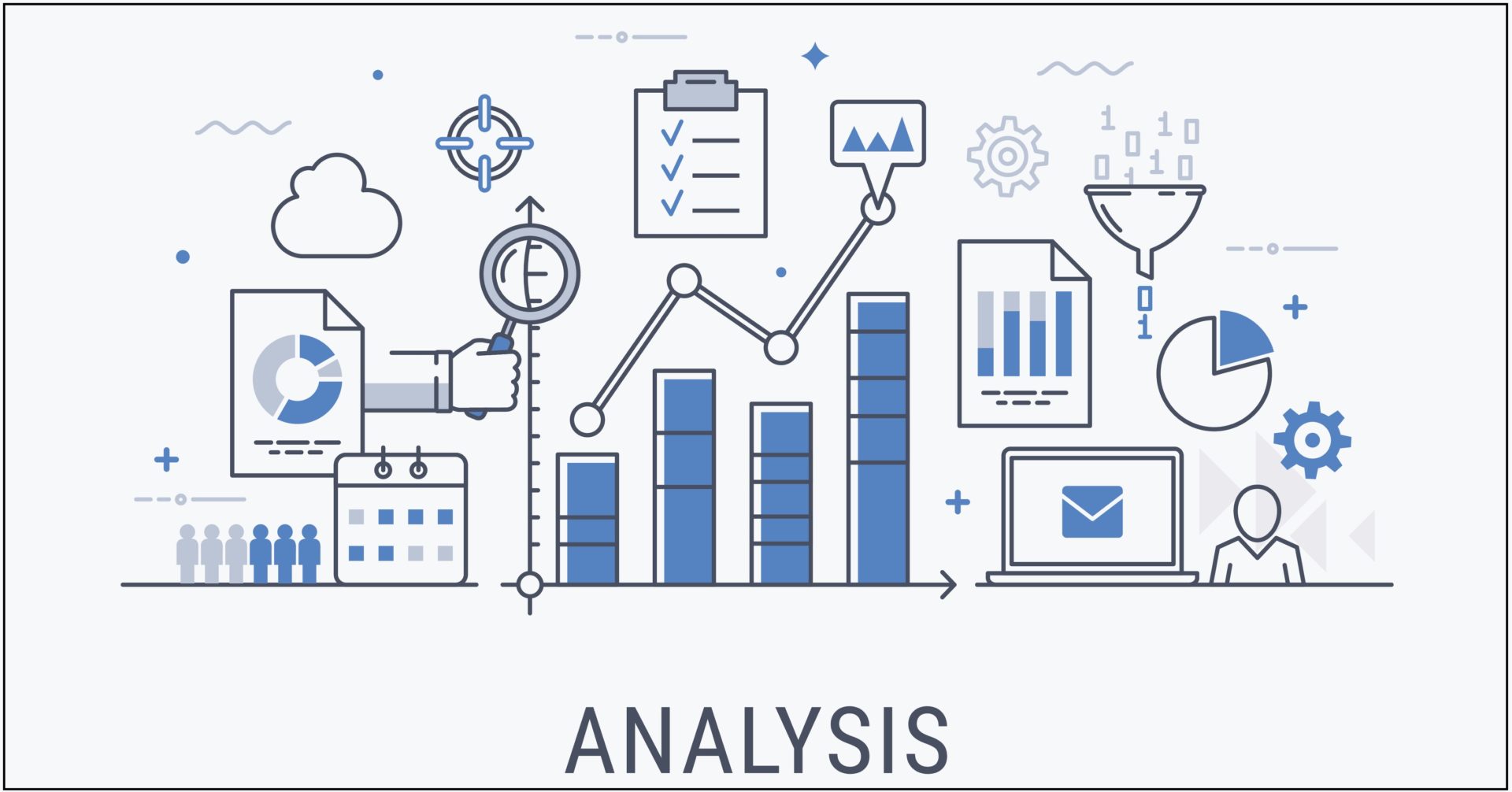

Why do we need data?
Data is the fuel that powers our campaigns to support people affected by pancreatic cancer.
Having the right evidence is crucial tool in our fight to improve outcomes for people affected by pancreatic cancer.
Data lets us to build a clear picture of the experiences of people with pancreatic cancer within the NHS – for example the number of people who are affected by the disease annually and their progress through treatment and care. This helps us to understand what’s happening now, and also identify trends over time.
It also gives a voice to people affected by pancreatic cancer – ensuring that insight from their experience lives on, and makes a difference for future patients.
Armed with this data, we are better able to demonstrate to decision makers in the Government and NHS the devastating experiences and outcomes faced by people affected by pancreatic cancer, and where resource needs to be committed to drive improvements in care.
How do we use patient data for our campaigning work?
All UK nations have cancer registries where data on people who have cancer is collected, unless they ask not to be included. We analyse publicly available data from cancer registries to identify the key issues that impact diagnosis, care and treatment of people with pancreatic cancer, and use this data to evidence and lend credibility and robustness campaign asks.
By analysing patient data, we have found that:
- 7 in 10 people with pancreatic cancer do not receive any treatment
- Pancreatic cancer is the quickest killing cancer – 1 in 4 die within a month and 50% of people with the disease die within 3 months
- 60% of people diagnosed at an early stage, where saving surgery is possible, do not receive it
This data showed that pancreatic cancer is undertreated in the UK and that early diagnosis is often a missed opportunity and evidenced to our award-winning Demand Faster Treatment campaign.
We have been recognised by the National Cancer Registration and Analysis Service (NCRAS), the England Cancer Registry for our use of their data. They published our data report New insights into pancreatic cancer and our Demand Faster Treatment campaign was singled out by NCRAS as an example of how data can be used to campaign.
Does more data need to be collected?
Yes. The more data and the more detail within the data, the better we can understand the standard of care that people with pancreatic cancer receive.
Pancreatic cancer is often grouped with other cancers (e.g. Upper gastrointestinal (UGI)) and this dilutes the data and reduces what we are able to learn about pancreatic cancer. This data needs to be broken down further or ‘disaggregated’, so it is specific to pancreatic cancer as an individual tumour site – and so that pancreatic cancer patients finally have a voice.
We are currently calling for:
- cancer waiting times operational standards to disaggregated to individual cancer types such as pancreatic cancer
- national data on Pancreatic Enzyme Replacement Therapy (PERT) prescription for pancreatic cancer
- a new approach to ensure that we can capture the quality of life (QoL) and the care experience for patients with poor prognosis cancers, such as pancreatic cancer and other less survivable cancers
- systematic analysis and research to better understand health inequalities and variations in diagnosis, support, care and treatment of people with pancreatic cancer.
Our progress
We have made good progress in recent years, which promises to give a huge boost to our evidence base, and campaigning work:
- We worked with NCRAS to develop the first ever pancreatic cancer dedicated dataset with richer, more accurate data, including the survival for people at different stages of pancreatic cancer.
- In 2022, after years of campaigning, the National Cancer Patient Experience Survey, for the first time, published specific findings about the experiences of pancreatic cancer patients. Previously this was bundled together with data for other cancers.
- NHS England has agreed to undertake an audit of pancreatic cancer treatment and care, which is due to take place in 2023.
- In September 2021, the Welsh Government approved funding for the National Clinical Audit and Outcome Review Programme to extend to cancers of the pancreas, ovary, and kidney.
Next steps
We’re committed to pushing for more and better data on pancreatic cancer.
The upcoming data audits could be a gamechanger in transforming care and treatment, and developing and improving NHS cancer services. We’ll be doing all we can to ensure they deliver the insight, intelligence and information we need to transform the future for people affected by the deadliest cancer.